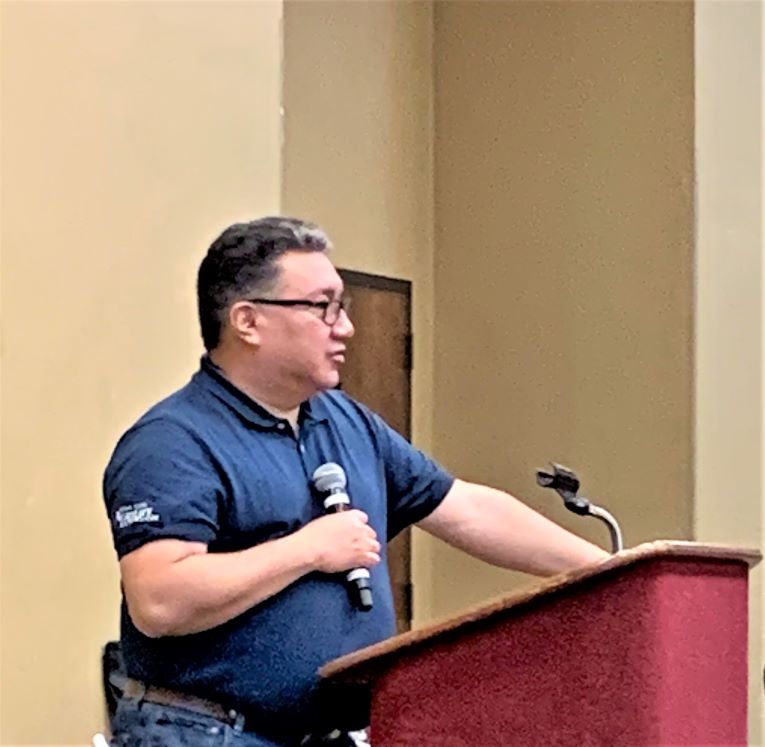June 26, 2024 – The Texas A&M AgriLife Extension Service offers a comprehensive program for the preconditioning of cattle. Preconditioning involves a series of management practices implemented prior to weaning to prepare calves for the next phase of production. These practices aim to improve the health, growth, and marketability of calves while reducing stress and illness.

For more than twenty years, the North East Texas Beef Improvement Association (NETBIO) a group of independent cow/calf producers and agribusiness representatives work together to enhance the beef industry in Northeast Texas. NETBIO works in conjunction with the Texas A&M- Commerce and the AgriLife Office in Sulphur Springs. The goal of the organization is to establish a reputation for the area as a supplier of quality beef calves that will perform when they leave the cow. That includes utilizing quality sires and encouraging good management practices from weaning until the calf is ready for the NETBIO Pre-Conditioned Stocker and Feeder Calf Sale where producers can offer their pre-conditioned calves and yearlings in load lot quantities.
The Key Components of Preconditioning cattle include: Vaccination: Administering vaccines to protect against common diseases such as respiratory infections, clostridial diseases, and other pathogens. Nutrition: Ensuring calves have a balanced diet that supports growth and immune function. This may include creep feeding and providing mineral supplements. Weaning: Gradual separation from the cow to minimize stress. Methods such as fence-line weaning or two-stage weaning can be used. Parasite Control: Implementing a deworming program to manage internal and external parasites. Dehorning and Castration**: If not already done, these procedures should be performed early to minimize stress and promote healing. Identification: Proper identification using ear tags, brands, or tattoos to track health records and ownership. Health Monitoring**: Regular observation and health checks to quickly identify and treat any issues that arise during the preconditioning period. There are many benefits of preconditioning cattle, including Reduced Stress, because calves experience less stress during weaning, transportation, and entering feedlots. Improved Health: Lower incidence of respiratory and other diseases. Better Growth: Proper nutrition and health management support optimal weight gain. And Increased Market Value since preconditioned calves often command higher prices due to their improved health and performance.
The Texas A&M AgriLife Extension Service provides resources, workshops, and guidance for producers to implement effective preconditioning programs. This includes detailed protocols, health management schedules, and advice on nutrition and parasite control. For more specific information and resources, producers can contact the Hopkins County AgriLife Extension office or visit the Texas A&M AgriLife Extension Service website






